Have you noticed how buyers no longer ask broad questions about equipment? They already know what they want before they talk to you. The model. The load capacity. The operating conditions. Sometimes even the year range.
And yet, while your team is ready to explain, quote, and demonstrate, most of those buyers never reach you. They make decisions quietly, online, comparing who looks most capable to handle the job. Not who has the biggest yard or the longest history. Who makes it easiest to trust their expertise.
That’s the gap SEO fills in heavy equipment sales. It shapes what buyers see, how they interpret your capability, and whether they even consider starting a conversation. When your SEO strategy reflects the way serious buyers research, evaluate, and narrow options, your website starts doing the heavy lifting before your sales team ever picks up the phone.
This blog breaks down a practical SEO strategy built for heavy equipment businesses that want to turn serious searches into real enquiries and real revenue.
How Heavy Equipment SEO Actually Works?
Most sellers think SEO is just about getting their website higher on Google. In reality, it is a system that decides which equipment listings get seen first, which ones look credible, and which pages search engines choose to ignore.
SEO for industrial companies works by sending clear signals about three things: relevance, structure, and authority.
- Relevance tells search engines what each machine is really about
This is where detailed page titles, accurate descriptions, and proper use of model names and specifications matter. A page that clearly focuses on one machine type or model performs far better than a vague “our equipment” page.
- Structure helps search engines understand your inventory
Logical navigation, clean URLs, and organized categories help search engines map your site like a digital catalogue. When this is missing, even strong machines get buried online.
- Authority proves your business knows its market
Helpful guides, technical content, useful resources, and backlinks from industry sources strengthen your credibility in the eyes of search engines.
SEO also works across different buyer stages:
- Early stage buyers researching options
- Mid-stage buyers comparing machines
- Late-stage buyers ready to enquire or book a demo
Each stage needs different content and different optimisation. When your strategy covers all three, you stop relying on random traffic and start capturing demand throughout the decision cycle.
This is where heavy equipment SEO becomes powerful. Not because it looks impressive, but because it quietly moves your machines into the right conversations at the right time.
Building a Winning SEO Framework
To compete in today’s market, heavy equipment sellers need an SEO framework designed for high-value, high-intent buyers. Here’s a clear roadmap to help you attract qualified leads and boost sales:
1. Conduct Audience and Keyword Research
The first step to any successful SEO strategy is knowing what your buyers are actually searching for online. You need to focus on keywords that attract high-quality, decision-ready leads, not just random traffic.

Tools to use: Google Keyword Planner, SEMrush, Ahrefs
How to structure your keyword strategy:
- Broad keywords: “Heavy equipment sales”—builds brand visibility and awareness
- Transactional keywords: “Buy Caterpillar bulldozer online”—targets ready-to-buy customers
- Informational keywords: “Best mini excavator brands”—educates early-stage researchers
When you focus on specific, industry-relevant phrases, you naturally attract the right audience—buyers who are most likely to convert.
2. Optimize for Local SEO
Most heavy equipment buyers prefer dealerships close to their project sites. Without local SEO, you risk losing potential leads to competitors who show up first in “near me” searches.
How to improve local visibility:
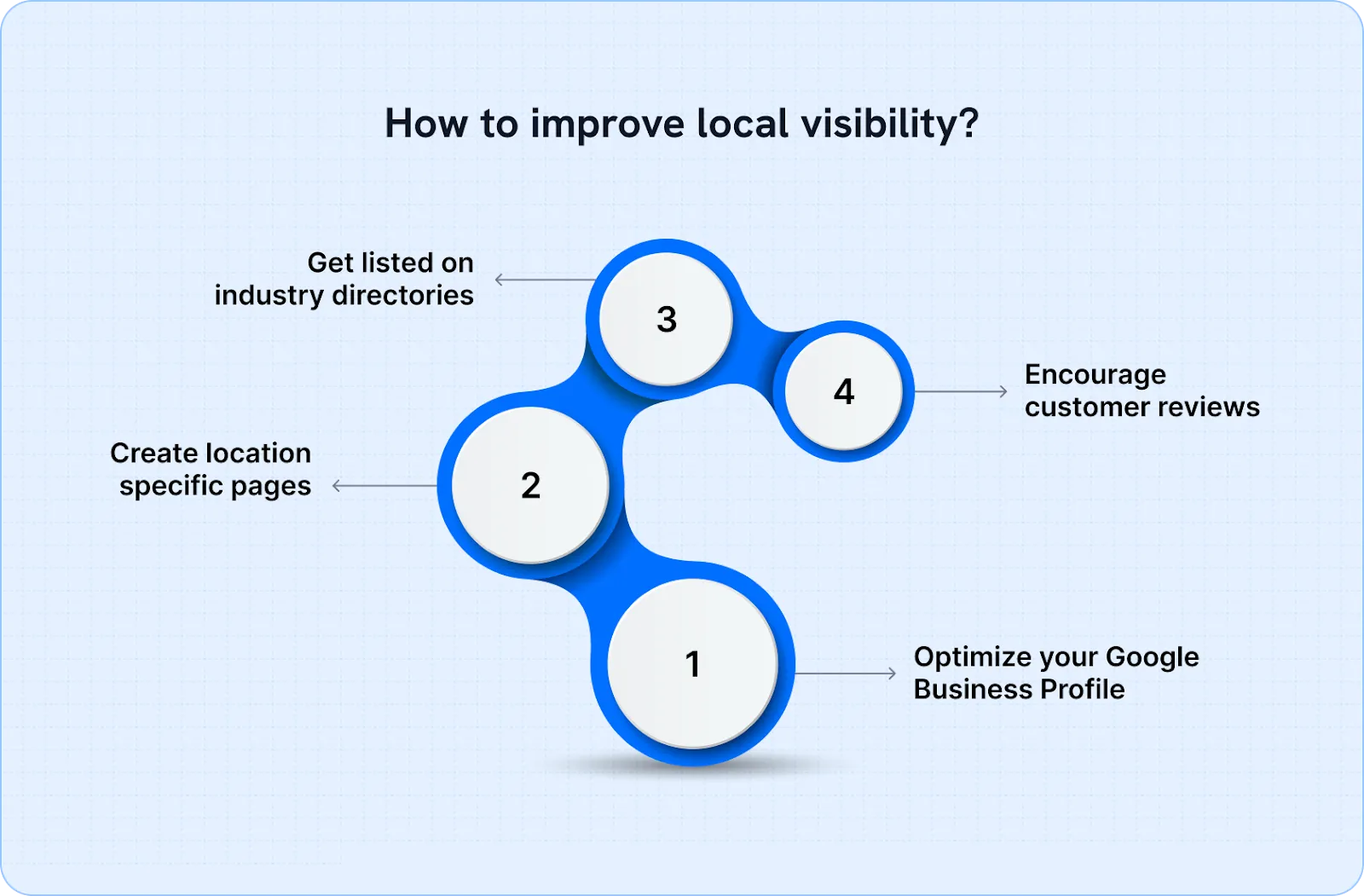
- Optimize your Google Business Profile so buyers find you when searching locally
- Create location-specific landing pages for each branch or dealership
- Get listed on industry directories and high-authority equipment marketplaces
- Encourage customer reviews to build trust and improve your rankings
Local SEO ensures your dealership shows up exactly when buyers are searching for equipment in their area—bringing in qualified leads instead of generic traffic.
3. Create Educational Content
Heavy equipment buyers don’t make decisions overnight. They move through three key stages: awareness, consideration, and decision. Your content should guide them at every step.
Awareness Stage:
- Blog idea: “How to Choose the Right Excavator for Your Project”
- Goal: Capture buyers early in their research phase
- SEO impact: Builds brand visibility and positions your dealership as a trusted resource
Consideration Stage:
- Create buying guides, comparison blogs, and case studies
- Examples:
- “Excavator vs. Backhoe: Which One Should You Buy?”
- “Case Study: How XYZ Contractor Reduced Costs by 15% Using [Your Brand] Equipment”
- Goal: Help buyers evaluate options and see why your dealership is the right fit
Decision Stage:
- Offer lead magnets to close the sale faster
- Examples: downloadable spec sheets, ROI calculators, and pricing guides
- Optimize CTAs: “Request a Quote,” “Book a Demo,” or “Download Product Brochure”
When you create content for every stage, you educate buyers, build trust, and move them naturally toward purchase.
4. Develop Technical SEO
Even the best content won’t work if your website frustrates users. A smooth, fast, and mobile-friendly experience directly impacts lead generation and conversions.
Key technical SEO priorities:
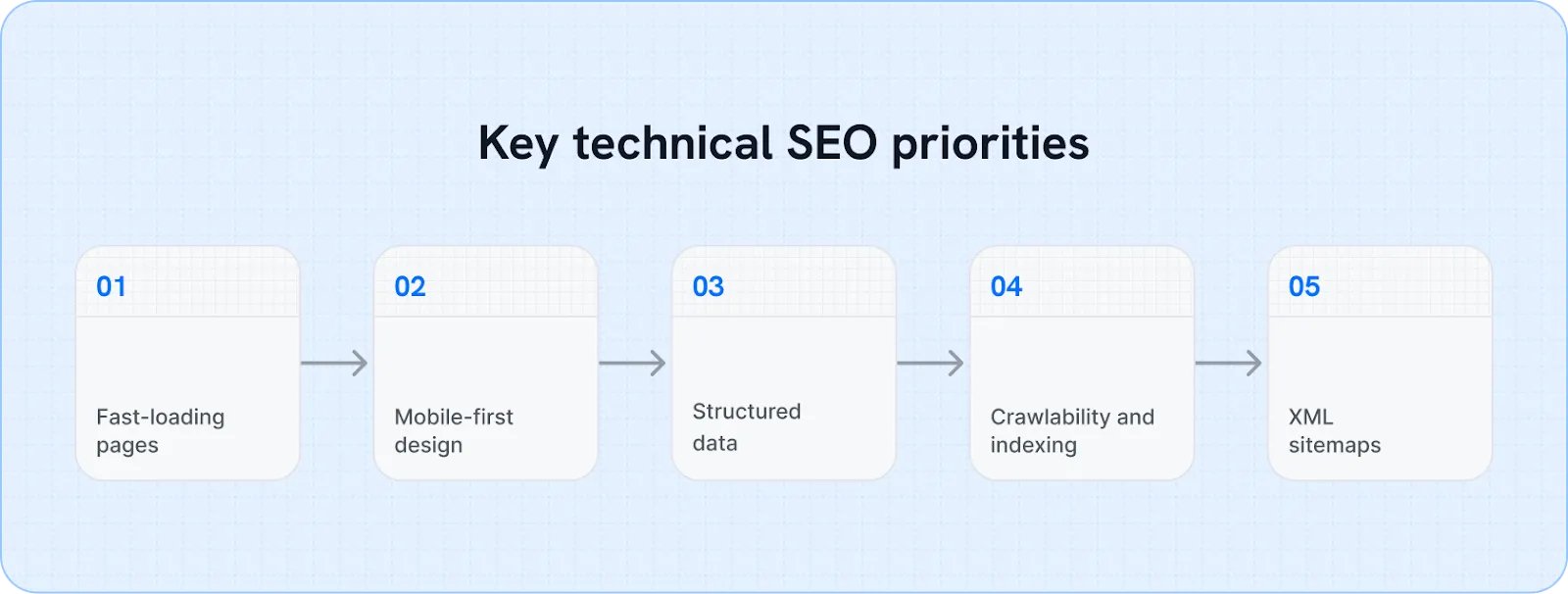
- Fast-loading pages: Optimize your equipment listings and catalogs to reduce bounce rates
- Mobile-first design: Most buyers research equipment on phones or tablets, especially on-site
- Structured data: Add schema for specs, pricing, and availability to boost rich snippets in search results
- Crawlability and indexing: Ensure search engines can find and rank your pages easily
- XML sitemaps: Keep them updated to improve discoverability for new product listings
A well-optimized website makes it easier for buyers to find you and gives them a seamless experience that keeps them engaged.
5. Create an On-Page SEO Strategy
Your product and category pages are often the first impression buyers have of your dealership. Optimizing them helps you rank higher in search results and convert more visitors into leads.
How to improve on-page SEO:
- Optimize titles, meta descriptions, and headers: Include relevant keywords naturally so buyers instantly know what you sell
- Use schema markup for pricing and availability: Let search engines display key information directly in search results
- Build strong internal links: Connect product pages to buying guides, comparison blogs, and related equipment
- Use engaging visuals: Add videos, 360° images, and equipment walkarounds to increase user engagement and dwell time
A well-optimized on-page structure makes your listings more visible, informative, and conversion-ready.
6. Optimize Off-Page SEO and Authority Building
Your dealership’s credibility depends on more than just what’s on your website. Off-page SEO builds trust and authority by improving how others see your business online.
How to strengthen off-page SEO:
- Acquire high-quality backlinks: Partner with equipment marketplaces, construction industry blogs, and online directories
- Collaborate with manufacturers: Co-create content and leverage their brand authority to boost your own rankings
- Leverage PR opportunities: Announce new equipment launches, branch openings, or certifications through online publications
- Engage in industry communities: Participate in forums and LinkedIn groups where contractors and buyers interact
By boosting your online reputation and credibility, you position your dealership as a trusted leader and stay ahead of competitors in search results.
7. Leverage Video SEO
Video has become one of the most powerful ways to attract buyers, build trust, and rank faster in search results. For heavy equipment dealers, video content provides a competitive edge by showcasing products and expertise visually.
How to use video effectively:
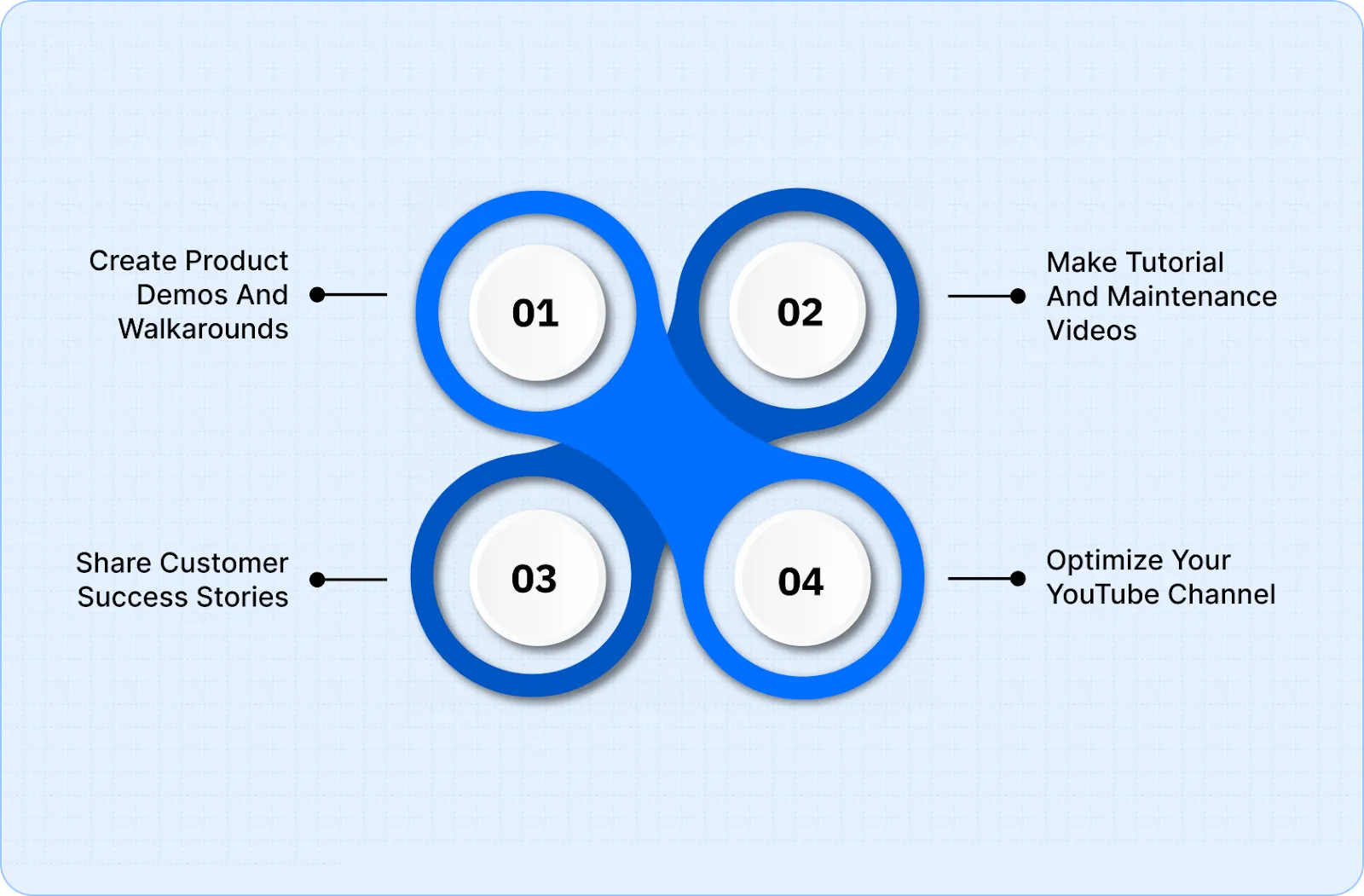
- Create product demos and walkarounds: Show buyers exactly what they’re getting before they call
- Make tutorial and maintenance videos: Help contractors understand how to get the most out of their equipment
- Share customer success stories: Highlight real-life contractors who achieved better results with your machines
- Optimize your YouTube channel: Use relevant titles, descriptions, and tags, then embed videos on your product pages
Videos improve user engagement, increase dwell time, and help you rank faster in both Google and YouTube search results.
8. Paid Search + SEO
Relying only on organic SEO takes time, especially in a competitive market like heavy equipment sales. Combining paid search (PPC) with your SEO strategy helps you dominate search results and capture leads faster.
How to combine PPC and SEO for better results:
- Target high-value competitive keywords: Use Google Ads for searches like “buy Caterpillar dozer” where competition is high
- Retarget previous visitors: Show ads to buyers who visited your website but didn’t convert the first time
- Use PPC insights to improve SEO: Analyze which ad keywords drive conversions and use them to strengthen your organic strategy
A hybrid approach ensures you capture both short-term and long-term opportunities, balancing quick wins with sustainable growth.
9. Measuring SEO Success
An SEO strategy only works if you measure the right metrics. Tracking performance helps you understand what’s working, what needs improvement, and where to invest more resources.
Key metrics to monitor:
- Organic traffic growth: Track how many qualified visitors come from search engines
- Keyword rankings: Monitor performance for high-intent keywords like “Caterpillar dozer for sale”
- Lead quality vs. quantity: Focus on inquiries that come from decision-ready buyers, not just raw traffic
- Google Business Profile insights: Measure visibility, clicks, and calls from local searches
- Conversion rate: Track how many visitors turn into leads or sales
Recommended tools: Google Analytics, Google Search Console, SEMrush, Ahrefs

10. Best Practices for Heavy Equipment SEO
Here’s a quick reference to keep your SEO strategy on track:
Following these best practices ensures your dealership stays visible, trusted, and competitive in a crowded market.
Key SEO Challenges in the Heavy Equipment Industry
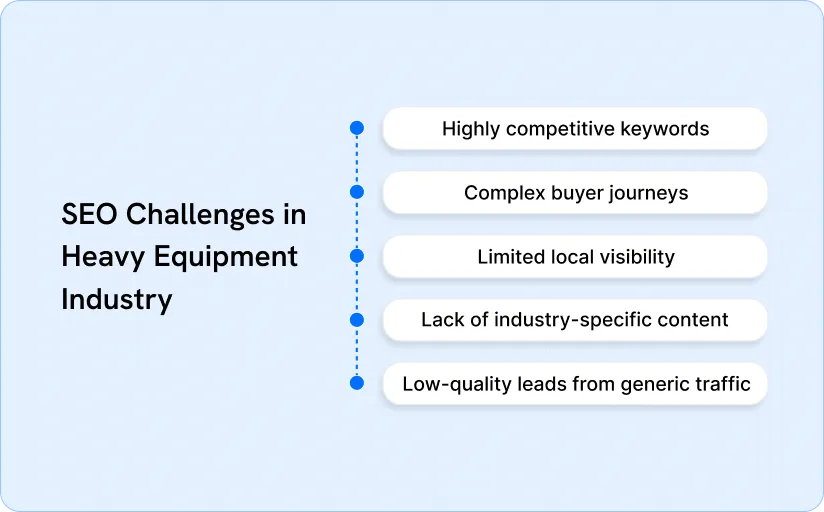
For heavy equipment dealers and distributors, SEO isn’t straightforward. The industry has unique hurdles that make it harder to generate consistent, high-quality leads online:
- Highly competitive keywords: Everyone wants to rank for terms like “excavator for sale” or “wheel loader dealers,” making it difficult to stand out without a focused strategy
- Complex buyer journeys: Purchasing heavy equipment involves multiple decision-makers, long consideration cycles, and bigger financial commitments compared to most industries
- Limited local visibility: Many dealerships operate across multiple locations but don’t optimize for “near me” searches or set up location-specific landing pages. This leads to missed opportunities with local buyers
- Lack of industry-specific content: Most competitors rely on generic information instead of creating helpful, relevant content that addresses buyers’ real challenges
- Low-quality leads from generic traffic: Without targeting high-intent keywords, dealers often get traffic that doesn’t convert into inquiries or sales
Understanding these challenges is the first step to fixing them. A tailored SEO strategy helps you overcome these obstacles, reach decision-ready buyers, and capture more qualified leads.
How Gushwork Accelerates SEO Success for Heavy Equipment Sales
At Gushwork, we help heavy equipment sellers get discovered online, rank higher, and generate qualified leads consistently. Our strategies are designed for dealerships and distributors who want to grow without replacing their traditional sales methods.
Why Gushwork Is the Right Partner:
- We understand the unique challenges of heavy equipment sales and create tailored SEO strategies that drive results
- We focus on high-intent keywords to attract buyers who are ready to make a purchase
- We combine content marketing, local SEO, Ads, website, technical optimization and CRM to build long-term visibility and credibility
How We Help Heavy Equipment Sellers Win:
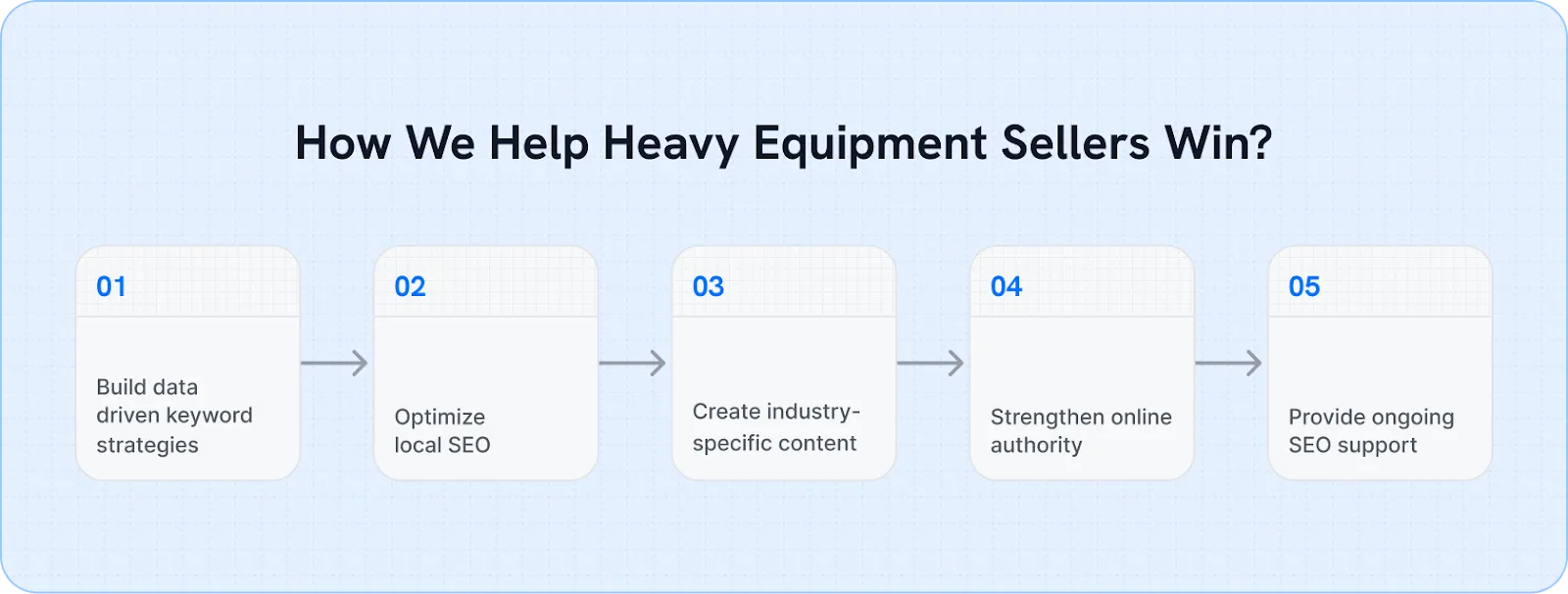
- Build data-driven keyword strategies: Attract buyers actively searching for your equipment
- Optimize local SEO: Ensure your dealership shows up in “near me” searches and Google Business listings
- Create industry-specific content: Educate and guide buyers with blogs, case studies, and buying guides
- Strengthen online authority: Get your dealership featured on industry directories, equipment marketplaces, and construction blogs
- Provide ongoing SEO support: Track performance, adjust strategies, and keep your rankings growing
With Gushwork, your dealership moves from relying only on trade shows or cold calls to building a predictable, scalable pipeline of online leads.
Conclusion
In today’s competitive heavy equipment market, buyers start their journey online long before contacting a dealer. Without a solid SEO strategy, you risk losing high-value leads to competitors who appear first in search results.
A structured, data-driven SEO plan helps your dealership attract qualified buyers, outrank competitors, and build long-term trust and visibility. Gushwork helps you achieve this by combining industry-specific strategies, local optimization, and content that converts.
Ready to increase leads and outrank competitors? Start optimizing your heavy equipment SEO strategy today with Gushwork and turn online searches into consistent sales opportunities.

















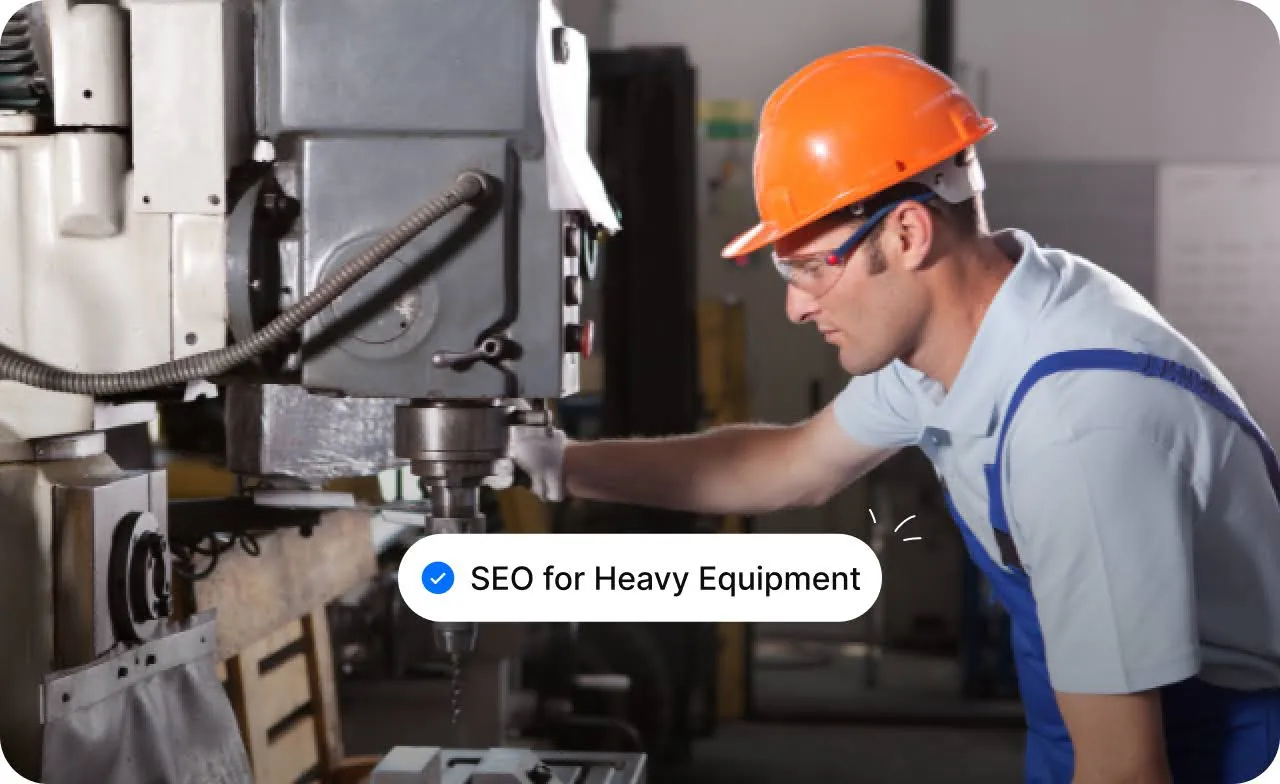




.webp)
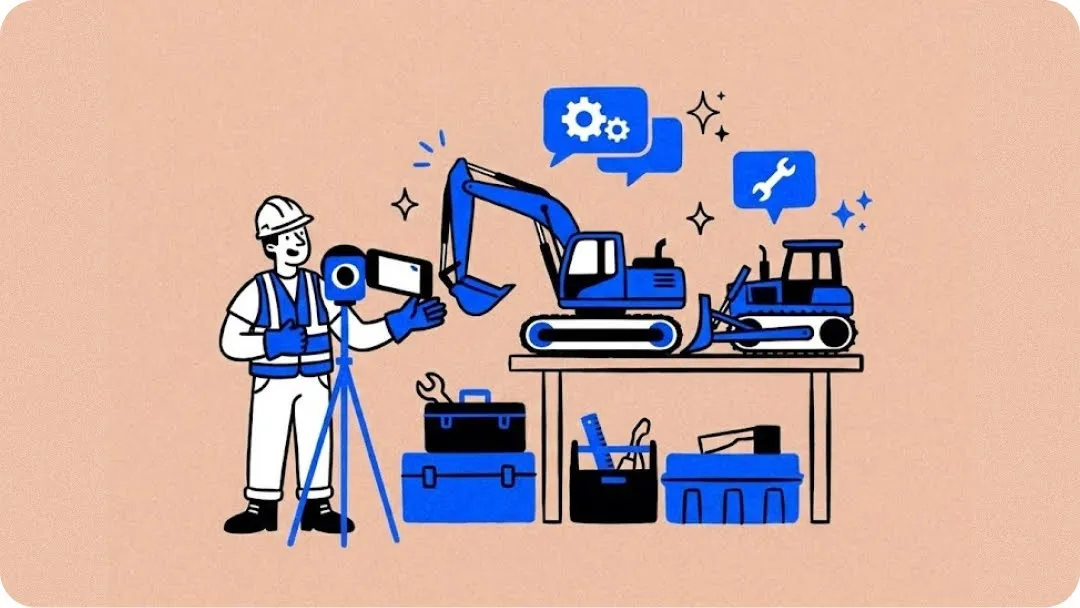
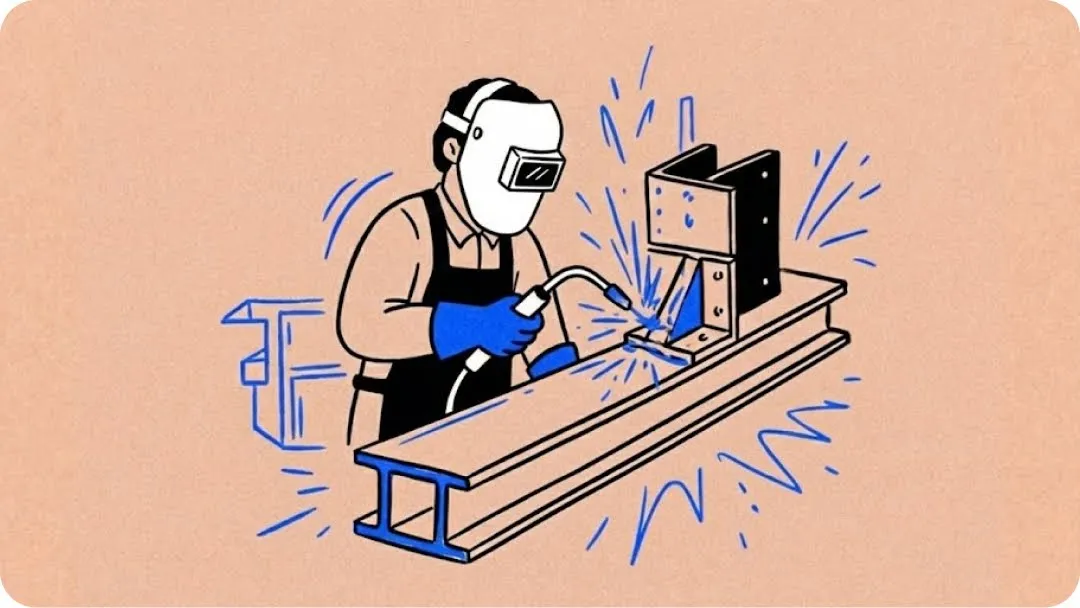

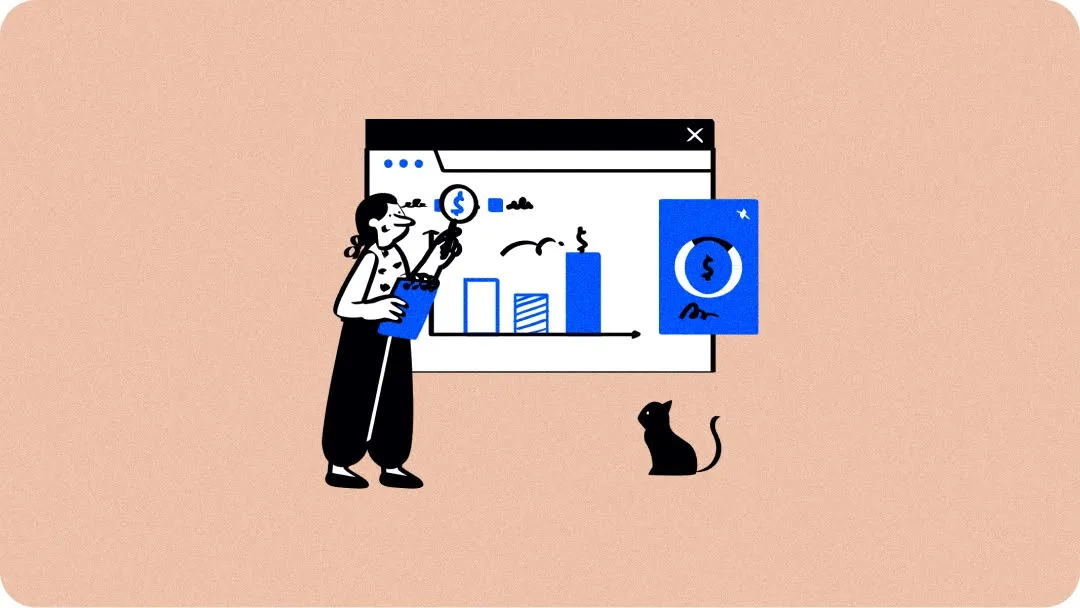




.webp)
.svg)


.svg)
.svg)
.svg)



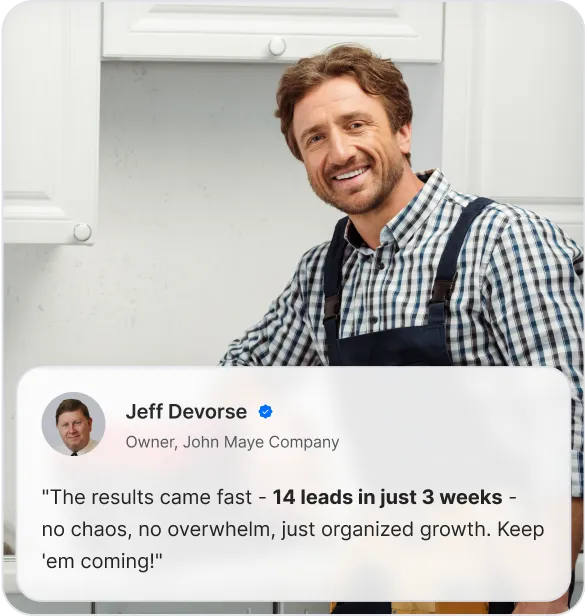
.svg)


